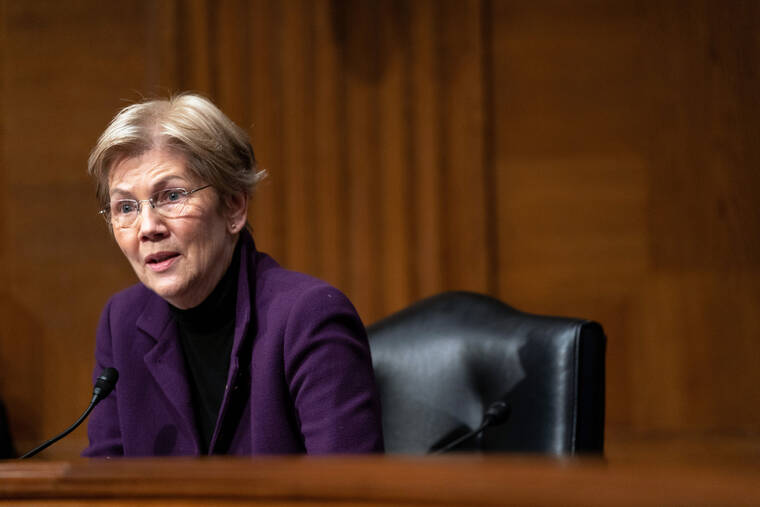Two federal lawmakers have requested that Amazon CEO Andy Jassy address concerns about the company’s role in pushing shoppers toward books and products that promote misinformation about the coronavirus.
Nearly 18 months into the pandemic, merchandise touting unproven COVID-19 remedies and anti-vaccine conspiracy theories continues to land near the top of Amazon.com’s search results for terms related to the disease, recent media reports have highlighted.
Amazon “cannot possibly justify the sale of false information that directly endangers your consumers,” wrote Rep. Adam Schiff, D-Calif., in a Wednesday letter to Jassy, citing University of Washington research that found over 10% of vaccine-related search results on Amazon.com contained misinformation about vaccine efficacy and safety. Amazon’s search algorithms prioritize conspiracy theories, the researchers concluded: Books and merchandise promoting vaccine misinformation are among the first results shoppers see when they search for terms like “vaccine.”
And until recently, the first result for the search “COVID cure” on Amazon.com was a book about the drug ivermectin, commonly sold in concentrated form as a horse dewormer. The drug’s misuse to treat COVID-19 has sparked warnings from federal regulators amid a slew of calls to poison control centers from people who have overdosed on the potent formula.
Schiff echoed a call earlier this week from Sen. Elizabeth Warren, D-Mass., who asked Jassy to “perform an immediate review of Amazon’s algorithms” to determine to what extent they are pushing users toward misinformation. Schiff also sent a letter Wednesday to Facebook CEO Mark Zuckerberg questioning that company’s efforts to fight coronavirus misinformation on its social network.
Both lawmakers have previously urged Amazon to address the spread of coronavirus-related misinformation on its platform. The company has taken some actions to point shoppers toward authoritative sources of information about the coronavirus — a banner linking to the Centers for Disease Control and Prevention now appears over all coronavirus-related searches on the site, for instance.
The persistence of misleading information in Amazon search results, though, “suggests that Amazon is either unwilling or unable to modify its business practices to prevent the spread of falsehoods or the sale of inappropriate products,” Warren wrote.
Amazon’s continued “peddling of misinformation” is an “unethical, unacceptable and potentially unlawful course of action from one of the nation’s largest retailers,” she added.
Amazon did not respond to questions about whether it intended to review its search algorithms as the lawmakers requested.






